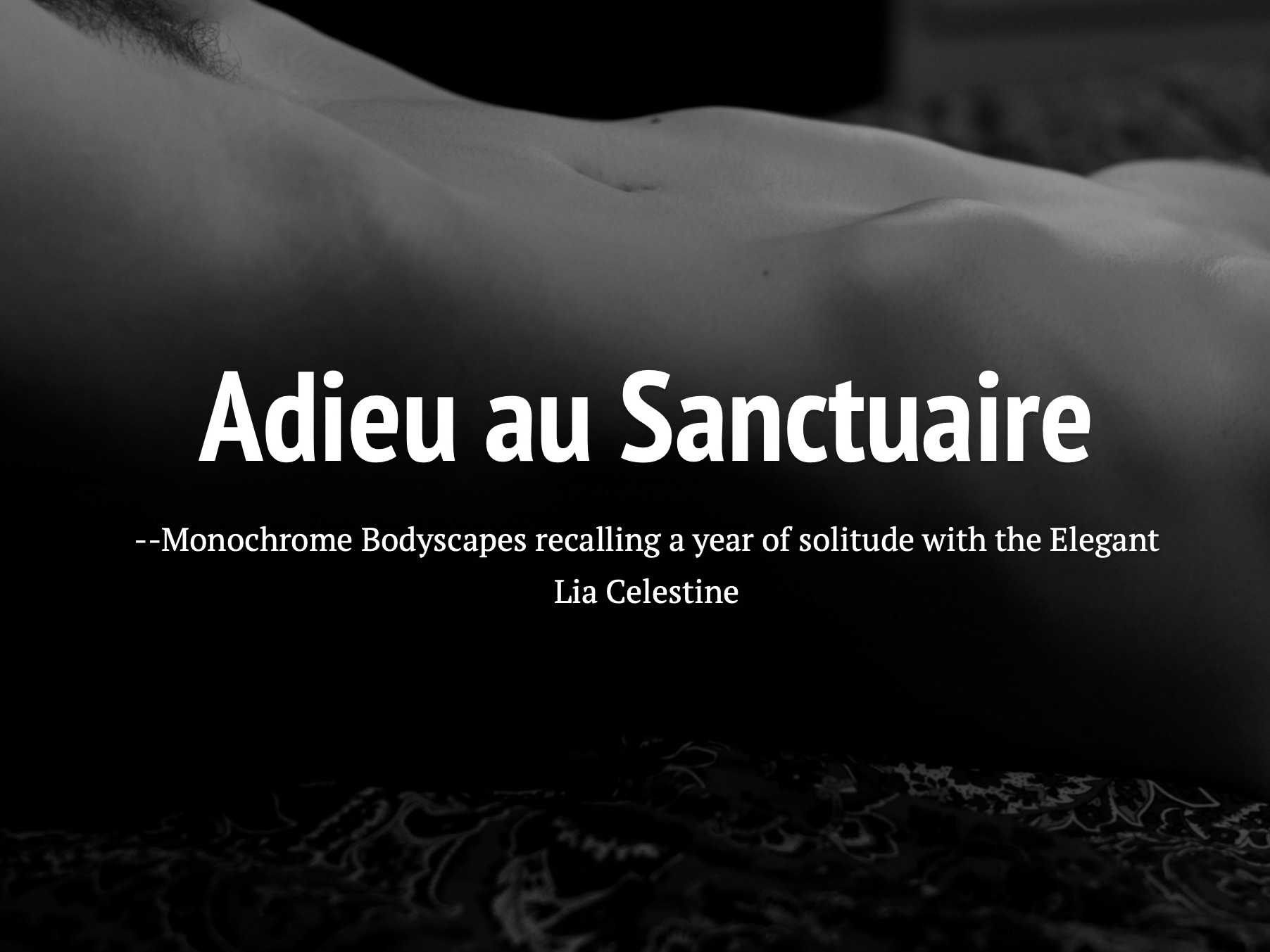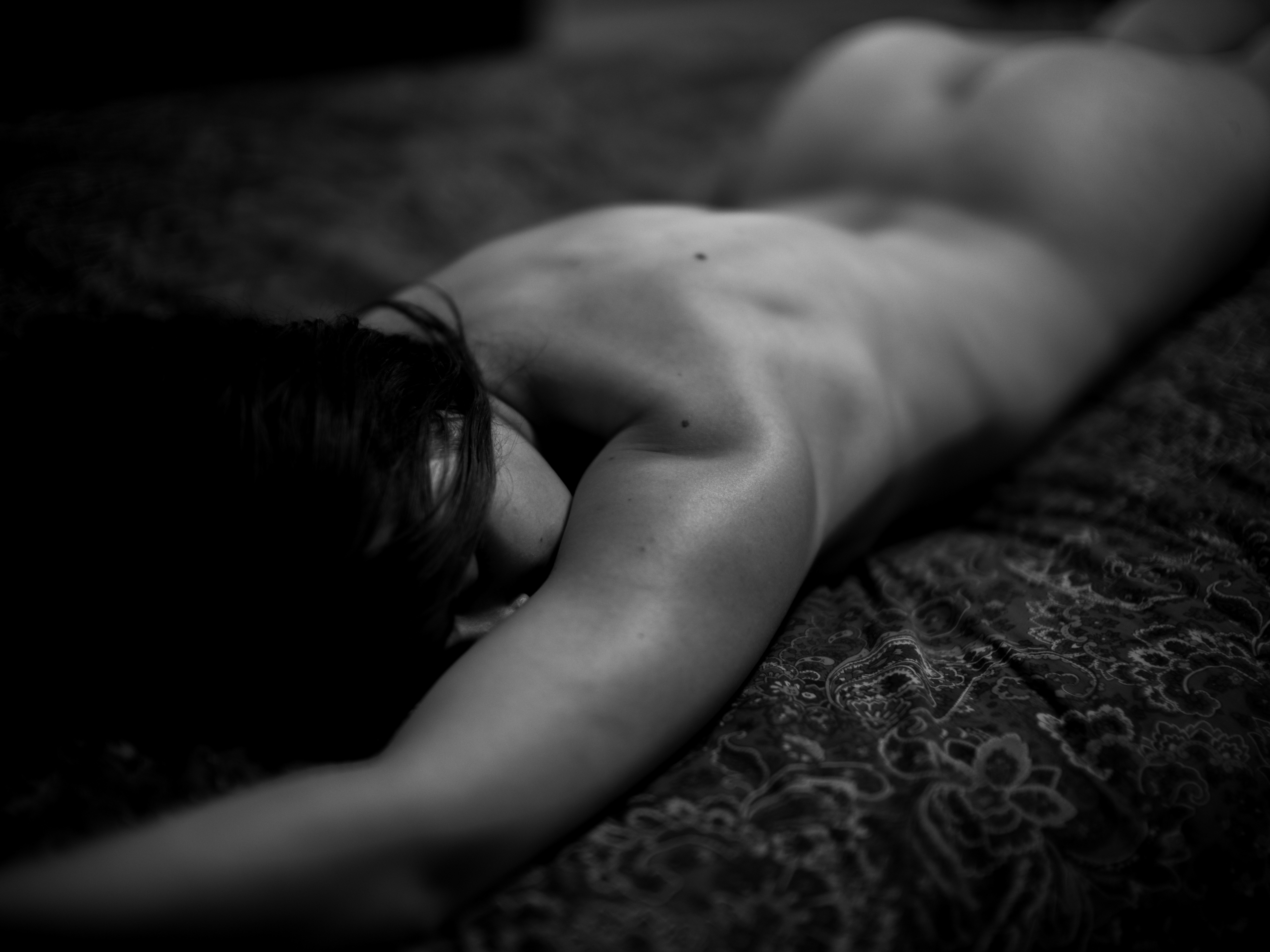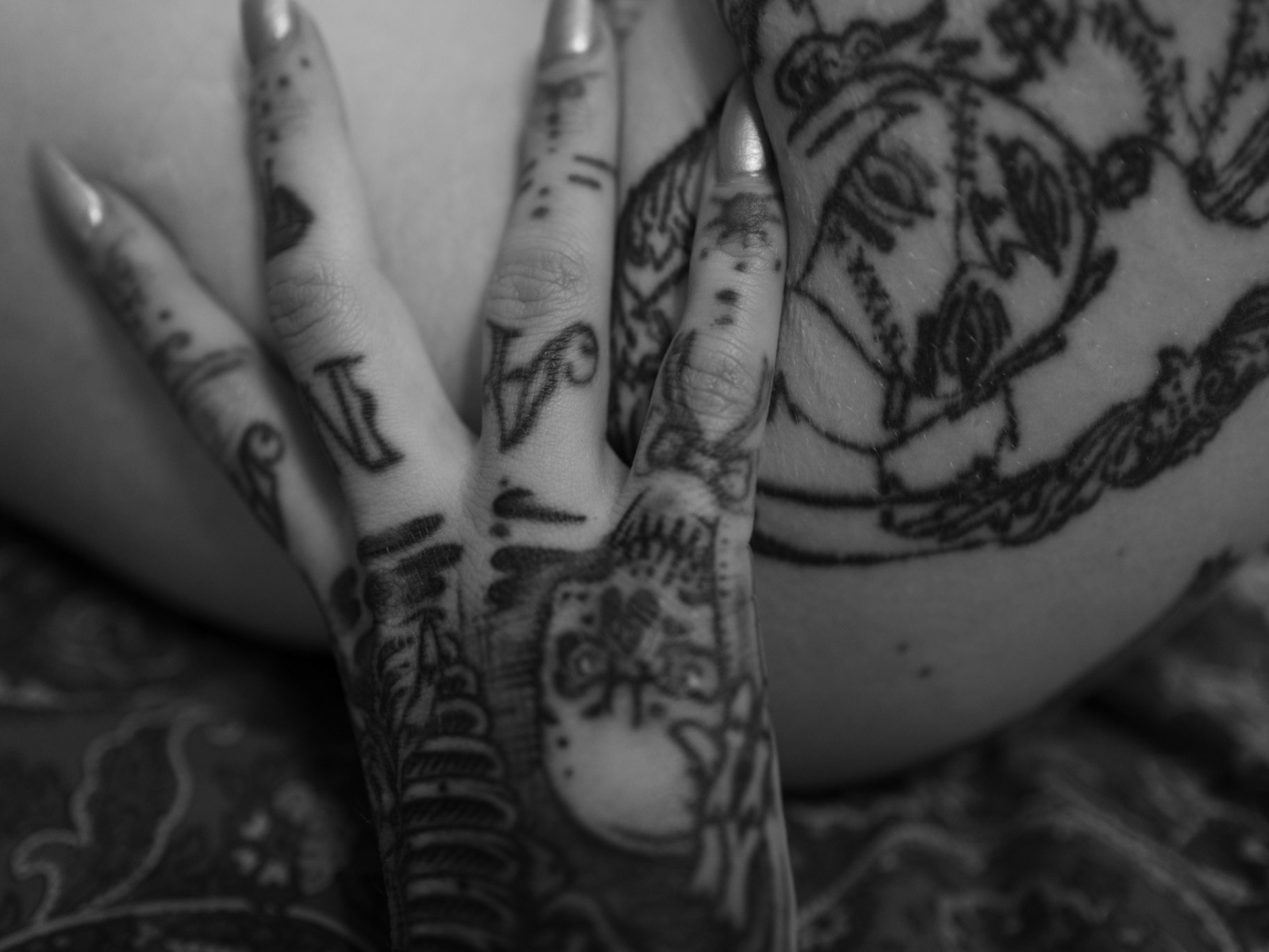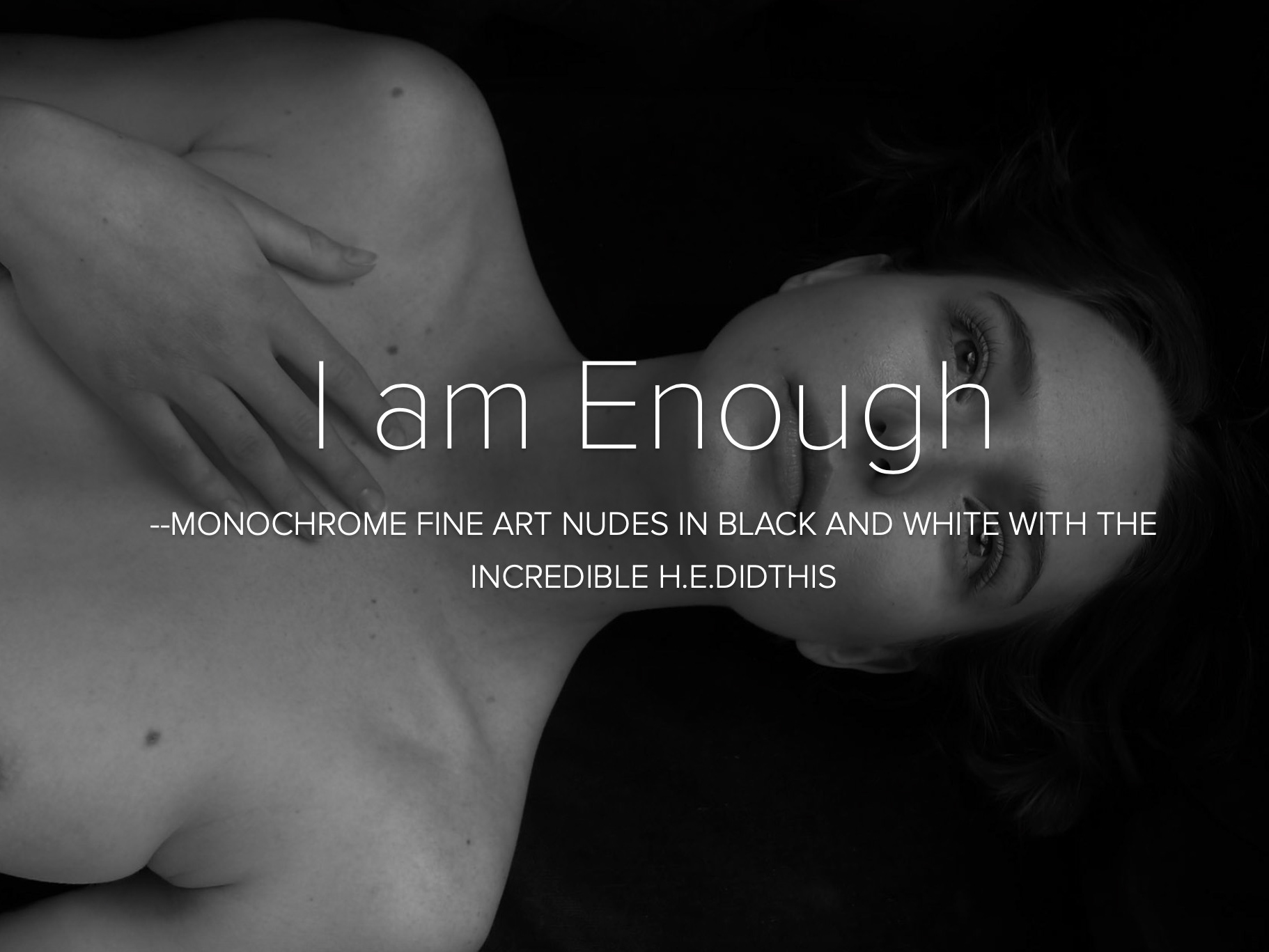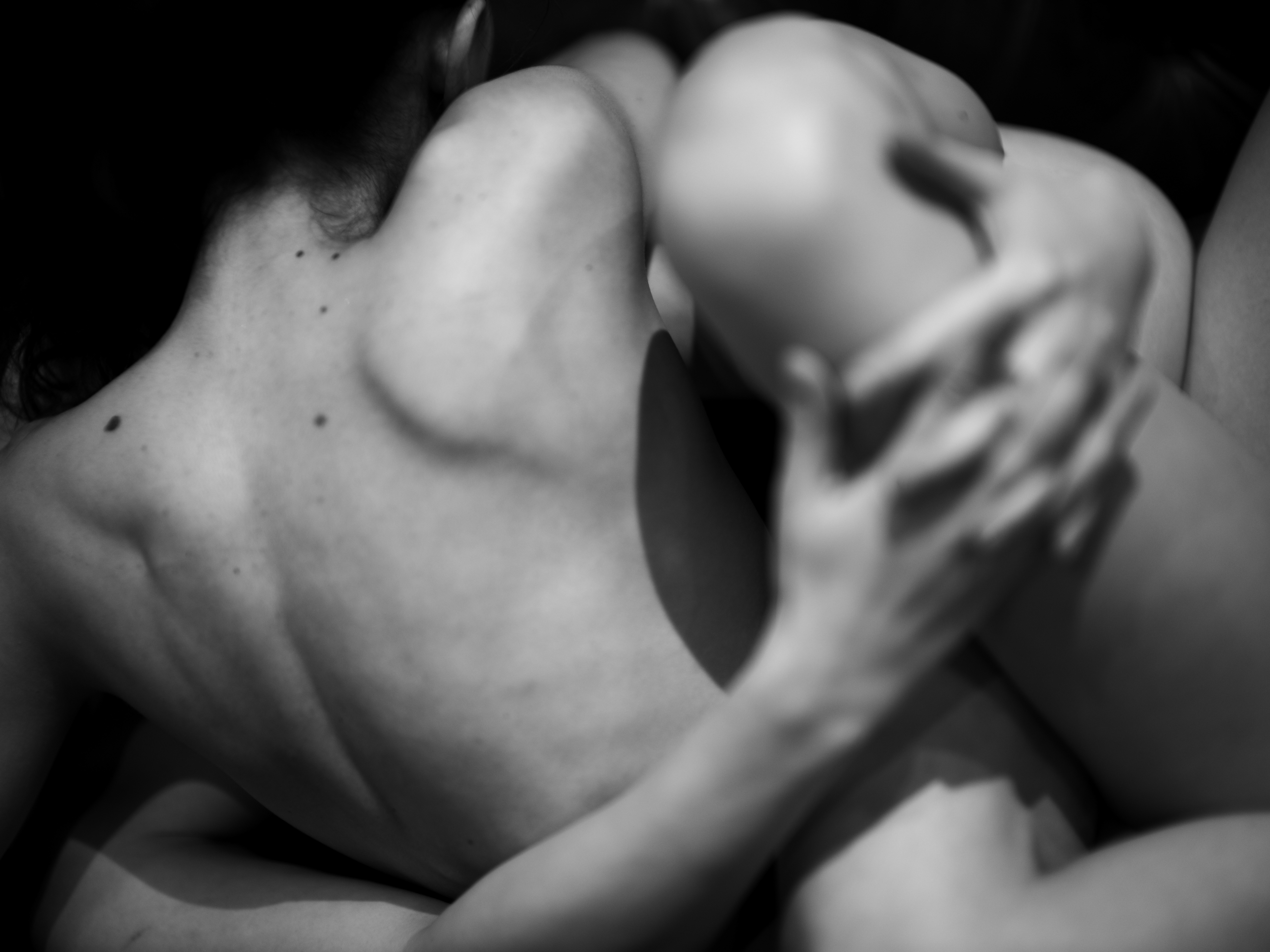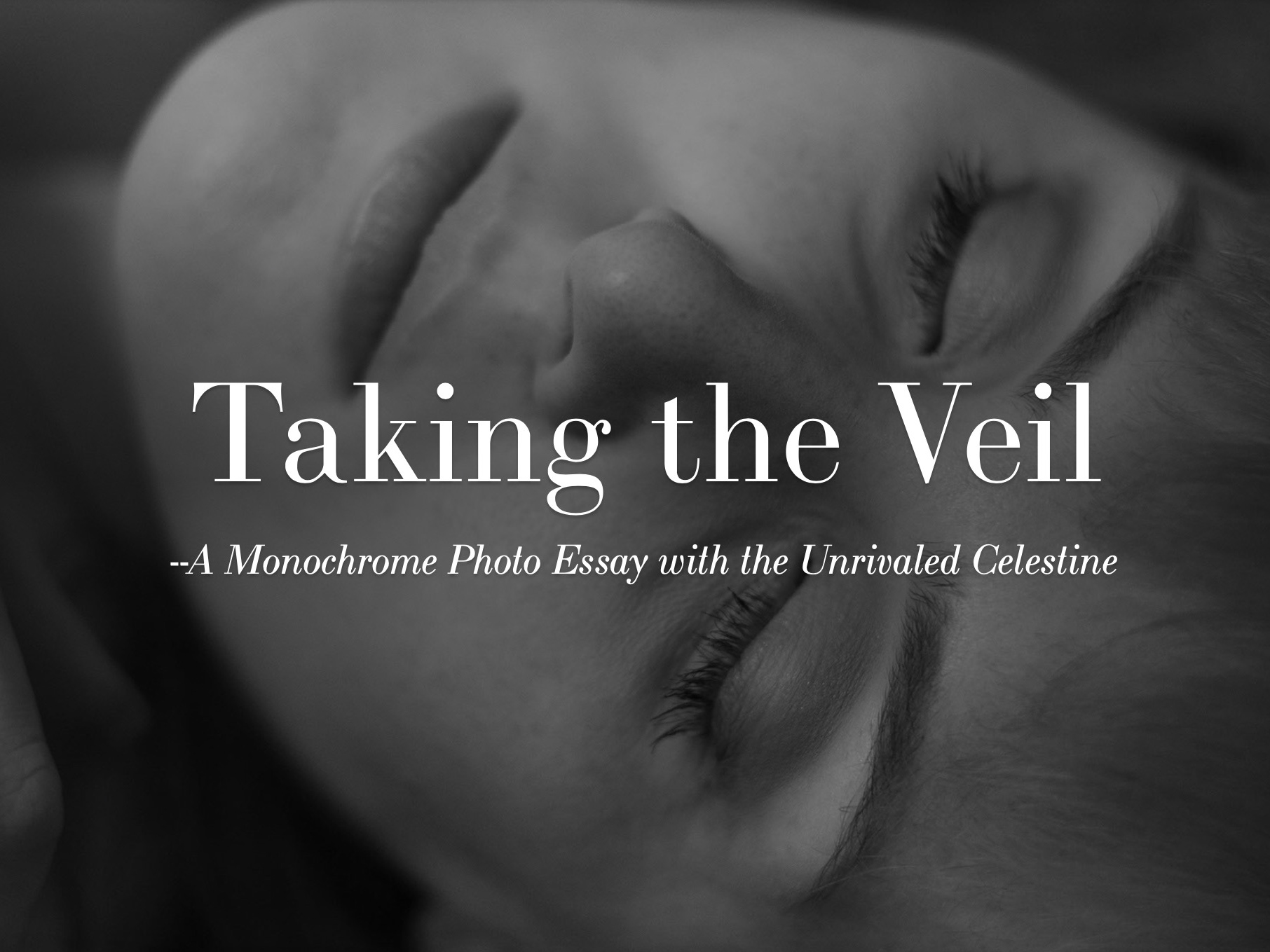Imaginem Vitae
Human beings are remarkably well equipped to deal with sudden crisis, especially physical threats. We are hard wired with a well honed "fight or flight" response in which a surge of adrenaline gives us energy and strength, and our senses focus clearly--and nearly exclusively--on the primary locus of the threat at hand. One only has to imagine the conditions overcome by those souls who were among the first of humanity--conditions which required the genetic development of such a response; conditions so harsh that the response became a fundamental part of being human.
--We are also very good at dealing with more modern crises, those that require a mental, rather than physical response. We are remarkable in our ability to take advantage of the social systems we have built to identify the emergence of sudden problems, and manipulate our behaviors and use those same social systems to devise a logical and coherent response.
We are less well equipped as individuals for dealing with problems that hit us in slow motion; those that require a consistent and long-term response over time. We may start out with good intentions, but over the long term, hardship eats away at resolve. We get tired, worn down, and discipline becomes more difficult. We begin to search for less costly ways to overcome the problem, and give in, bit by bit, to compromise for the sake of cold comfort. Perhaps this, too, is another deeply ingrained human behavior, designed to ensure we do not blindly sacrifice ourselves to strategies that lack a tangible benefit in at least the medium term.
--This is what the Covid-19 pandemic has done to many of us. We are tired, we want a way out and hope the promise of vaccines will provide one. At the same time, even those unaffected by the virus' scourge directly have suffered psychological and other scars.
Fifteen months into the pandemic in the United States, we are just now beginning to see light at the end of the tunnel. Hopefully, in a few months, most of the population of the United States will be vaccinated. Hopefully, decreasing the volume of the human host for the virus will also decrease the virus' ability to evolve in ways that allow it to circumvent the vaccine. Hopefully, the vaccines will confer a permanent, and not temporary immunity. Hopefully, we are now at the time when we can begin to heal and assess the true cost of the virus. Hopefully.
--A huge first step in the healing process will be to allow our collective conscious to mourn what we have lost, and memorialize those half a million Americans and countless others who have departed due to the virus. Humans in all our many cultures have mastered ritualized healing. Like a wound that needs treatment to heal, our deceased are never gone, and the mourning never quite leaves us, until we as a community say "farewell" in a formal and public way.
--Death is one of few areas in modern society where the religious and non-religious intertwine; non-believers generally also gain comfort and closure from the carefully-orchestrated ceremonies our religions have devised.
--Beyond that, its time for quiet contemplation for each of us; allowing us to process what we've been through, to reach a sense of peace with it, and devise the road forward for ourselves.
The images below are intended to provide a focal point for reflection on the events of the past year and the emotions those events have given us. For most people, there is much to ponder: reflection on loss; on suffering; on acceptance; and finally joy that there is a brighter road ahead. The images will show you the interplay between dark and light, a metaphor for the good and bad periods of our lives. With few exceptions, life is rarely all black, or all white--like the images, its mostly varying shades of grey. As you look deeper into the images, you might consider the fragility of the average human being, as well as themes related to the desolation of solitude. But there is more to see, in the images formed from shades of black, white, and grey.
--The images also invite you to ponder show human strength; of body, of mind, and of character. A body, beautiful in its simplicity and imperfection.
--Included with the images are a series of quotes from the work of Dietrich Bonhoeffer, a German Lutheran pastor, theologian, and leading light of the anti-Nazi resistance in Germany during World War II. Perhaps more than any other person, Bonhoeffer understood loss, and in his writings offered a range of ideas about its meaning and how to overcome adversity. He endured years of brutal abuse in prison, and was hanged on 9 April, 1945, as the Nazi regime was crumbling.
There is nothing that can replace the absence of someone very dear to us, and one should not even attempt to do so. One must simply hold out and endure it. At first, that sounds very hard, but at the same time it is a great comfort. For to the extent that the emptiness truly remains unfilled one remains connected to the other person through it......and thus helps us preserve--even in pain--the authentic relationship.
The essence of optimism is that it takes no account of the present, but it is a source of inspiration, of vitality and hope where others have resigned. It enables a man to hold his head high, to claim the future for himself and not to abandon it.
Silence in the face of evil is evil itself. Not to speak is to speak. Not to act is to act.
In ordinary life, we hardly realize that we receive a great deal more than we give, and that it is only with gratitude that life becomes rich.
Who can really be faithful in great things if he has not learned to be faithful in the things of daily life?
Fulfilled life is possible in spite of unfilled wishes.
We must learn to regard people less in the light of what they do or omit to do, and more in the light of what they suffer.
We are not to simply bandage the wounds of victims beneath the wheels of injustice, we are to drive a spoke into the wheel itself.
Time is the most valuable thing that we have, because it is the most irrevocable.
The ultimate test of a moral society is the kind of world that it leaves to its children.
All photographs by Archangel Images, all rights reserved.
A special thanks to the incredibly talented Dakota Lee for serving as model for this series. We were very grateful for her expressive and hauntingly beautiful posing. Dakota is a Maryland-based freelance model, and owner/operator of the PhotoMAB studio in historic Frederick, Maryland.
All quotes by Dietrich Bonhoeffer, courtesy of the Bonhoeffer Institute. Bonhoeffer was a Lutheran pastor, theologian, and anti-Nazi dissident in Hitler's Germany.


